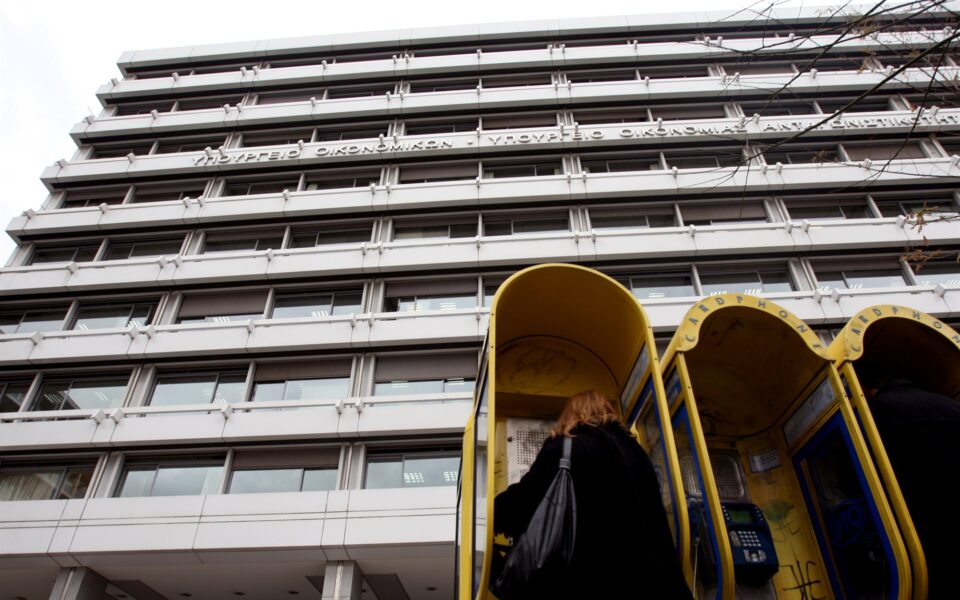Primary deficit set to increase

The budget target for a primary deficit of 1.4% of gross domestic product in 2022 is being put to a serious test as a result of the extraordinary measures against inflation announced by the government last week.
Although Finance Ministry officials said the package of 1.1 billion euros will be covered by the higher-than-expected growth of 2021 and the overperformance of budget revenues in this year’s first two months, government sources consider highly likely a small – as things stand – expansion of the primary deficit by 0.3 percentage points to 1.7% of GDP this year.
That is actually the favorable scenario, according to which the budget will not need to contribute towards covering electricity bill subsidies, currently financed by the Energy Transition Fund. In fact, the budget will have to cover a small part of the subsidies in April, amounting to some €140 million, out of €640 million announced, concerning the extraordinary subsidies to small enterprises.
The Energy Transition Fund’s revenues, ministry sources argue, will suffice to cover the support currently extended to households and enterprises, though not an extraordinary measure such as that to small businesses.
The budget will further have to supply the €324 million of support to vulnerable households and the €153 million of the fuel subsidies. Therefore, the extra bill the budget has to foot comes to about €620 million.
This year’s budget had also not factored when being drawn up the €350 million from the reduction of the Single Property Tax (ENFIA) dues and the €200 million for the support to farmers. Consequently, the sum of originally unaccounted-for spending has climbed to €1.2 billion to date.
The ministry says the measures are “within context” and do not put the budget at risk. ”We are giving what we can give,” Alternate Finance Minister Thodoros Skylakakis stated last week.
Nevertheless, pressure will continue, while ministry sources now see inflation climbing to 5-6% this year, compared to a budget estimate for just 1%, while growth would slow down by one percentage point according to the baseline scenario and by two per the adverse one.





